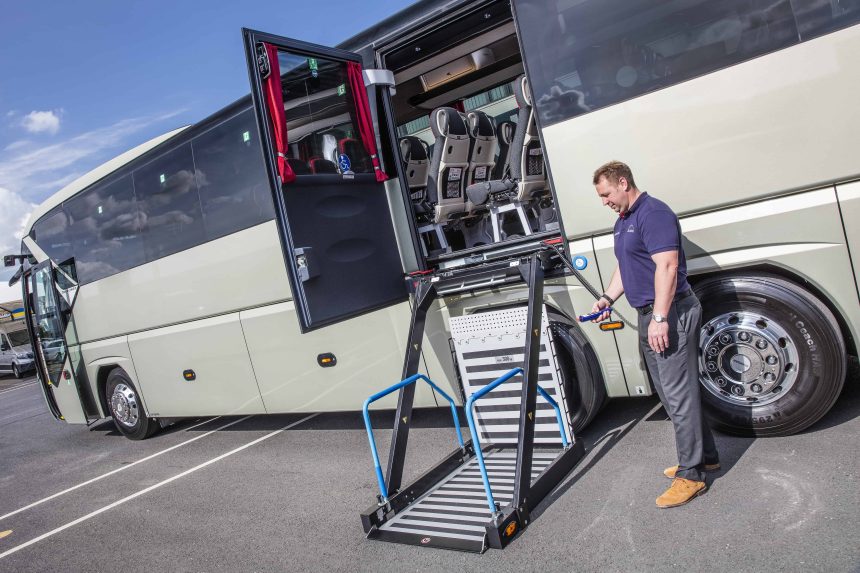It does not seem that long ago that we entered 2025, yet we are already past winter and the year is a quarter way through. I was hoping that we would have seen some important developments and even announcements from the government concerning the coach industry over the past three months, but sadly we are still waiting.
PSVAR has already been mentioned twice in our column this year, but it has been 18 months since the call for evidence closed, and there is still no news as to what will happen beyond 1 August 2026, less than 16 months away.
In relation to this I have picked up two pieces of information from operators in recent days. Firstly, finding second-hand coaches at a reasonable price that comply with PSVAR is becoming a challenge (as I predicted).
Secondly (and to my surprise), there are still new coaches coming off the production line that are not what I call PSVAR ‘enabled’. That is, they are not produced with PSVAR in mind; i.e., no wiring for destination equipment and no door, or framework for a door, in the side of the vehicle.
These vehicles may be used for touring or executive work at first, but surely as they are sold on, they could end up being used for home-to-school transport. Retrofitting is so much easier if the structural modifications are already in place, and that must have an impact on the resale value.
The one piece of information I have gleaned in discussions with the Department for Transport is that the PSVAR requirements are highly unlikely to be relaxed. There is only one way this is going; the answer we are waiting for is how much more we need to do in terms of PSVAR compliance, and by when.
Hopefully, through the lobbying that the UK Coach Operators Association (UKCOA) and other trade bodies have undertaken, it will be in manageable steps. But at this point we can take nothing for granted. So, in my view, the more PSVAR ‘enabled’ vehicles we have, the better.
The other main issue that is concerning is the road to zero-emission for coaches. This was touched on by my colleague Stephen Spendley in the column last month, but in summary (and with thanks to Richard Telling, UKCOA’s lead on engineering who put this together):
- Lack of available zero-emission coach makes and models, and due to the extra weight and changes to the design, seating and luggage capacities are less than the diesel equivalent, which means that they are not ideal replacements
- Lack of available ‘on the road’ rapid charging infrastructure. Until this improves, it is not going to be possible to change en masse to electric powered coaches
- Lack of available power to depots is the biggest hurdle to overcome, plus the huge cost to install the size of electrical supplies required (that is if the power is available)
- Lack of funding to help coach operators transition to zero-emission.
In a nutshell, without adequate funding, we will not achieve anything like the number of zero-emission coaches that I am sure those in power would like us to have. Yet I cannot see where any available funding may come from.
It is clear that the government has severe constraints on its budget and what money it does have for transport I cannot see being allocated to coaches, however hard we lobby.
We are not giving up, but we need to be realistic too. I am waiting optimistically that we really will see some progress on coaches before the summer.



























